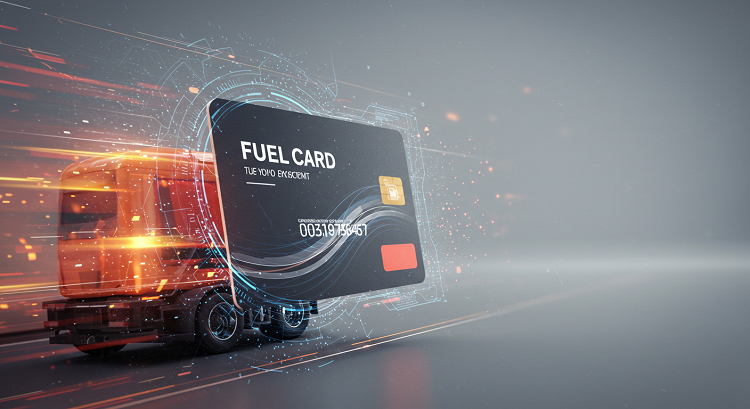Fuel card misuse can silently erode your budget, distort tracking data, and compromise operational efficiency. Phillips 66 uses this method in regular driver reviews to align individual behavior with company-wide fuel policies, as demonstrated on https://www.phillips66fleet.com/.
Businesses that operate a fleet of vehicles need a clear, repeatable system for training drivers on the proper use of fuel cards to optimize savings, control expenses, and maintain accurate reporting across the network of fueling stations.
Why Fuel Card Training Matters
Fuel cards are powerful tools, but only if used correctly. Improper transactions, lost cards, and unauthorized purchases undermine budgeting efforts and can lead to data gaps in fuel usage analysis. Training drivers ensures consistency in expense management and maximizes your return on investment.
Building a Fuel Card Training Framework
Establishing Core Principles
Before launching into software dashboards or transaction rules, start with fundamentals. Train drivers on why fuel card discipline matters, connecting their usage with business-wide goals like operational efficiency, spending control, and fleet optimization.
Make it clear that the card is not a perk; it’s a business tool tied to their accountability within the fleet system.
Standardize Card Issuance and ID Protocols
Every driver should be issued their own card, or be linked to a specific vehicle. Require personalized PINs and Driver IDs to enforce transaction-level tracking. This minimizes fraud and clarifies accountability within reporting systems.
Demonstrate the Purchase Workflow
Walk each driver through a simulated transaction at a station. Include every step:
- Entering PINs
- Logging accurate odometer readings
- Selecting proper fuel types
- Following daily spend or gallon limits
- Retaining printed receipts (if applicable)
This step turns policy into practice and significantly reduces errors in live scenarios.
Highlighting Security and Fraud Prevention
Fuel card systems come with layered security tools, but drivers are the front line of defense. Make sure they know:
- Cards must be reported immediately if lost or stolen
- PINs should never be shared
- Only authorized locations and hours are permitted
- Random audits will occur to verify legitimate use
With proactive training, your team becomes part of a larger fraud prevention solution.
Using Data and Reporting for Coaching
Visibility Through Dashboards
Driver training shouldn’t stop at onboarding. Review real-time and historical data with each driver periodically. Fuel card platforms typically offer dashboards showing transaction history, station location, fuel type, and anomalies. Use these for coaching sessions and to reinforce good behavior.
For example, if a driver is consistently exceeding budgeted fuel costs, pull their reports and identify causes. Did they deviate from approved fueling stations? Fill outside working hours? Use premium fuel unnecessarily?
Integrating Technology With Policy
A complete solution integrates purchase limits, alerts, and mobile app functionality into training. When drivers understand how the system works, such as why alerts trigger when they fill up twice in one day, they’re less likely to violate policy unintentionally.
Fleet card systems with real-time alerts and customizable limits can stop misuse in its tracks. For instance, transactions can be denied if a purchase exceeds a per-day dollar cap or occurs outside of preset time windows.
Emphasizing the Value of Station Networks and Discounts
Train your team to consistently fuel at preferred partner stations to maximize available discounts and rebates. Fuel card networks often include thousands of eligible stations with tiered pricing, but cost benefits disappear if drivers stop at unlisted providers.
Use route planning tools to ensure drivers know which stations along their routes are included in the program. This reinforces daily decision-making that aligns with cost-saving strategies.
Reinforcing the Culture of Accountability
A well-designed program becomes part of company culture. When drivers feel included in the system, not policed by it, they’re more likely to act in line with expectations.
Encourage:
- Open communication about unclear policies
- Recognition for drivers with the most efficient fuel behavior
- Feedback loops that improve the card usage experience
Set regular policy reviews and refresh training annually. Your team evolves, your fleet expands, and your technology updates, your training should, too.
Proper fuel card usage training doesn’t just reduce waste, it’s a direct line to better operations, lower expenses, and a more empowered driving team. With the right approach to education, monitoring, and incentives, you can ensure that every transaction supports your business goals across efficiency, control, savings, and security.




